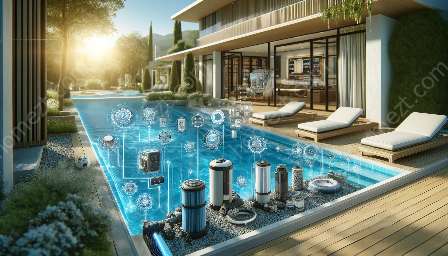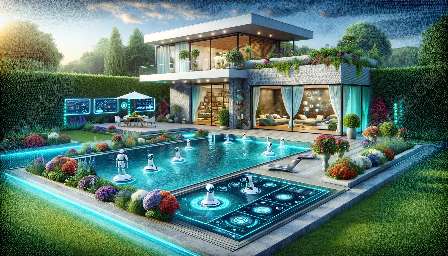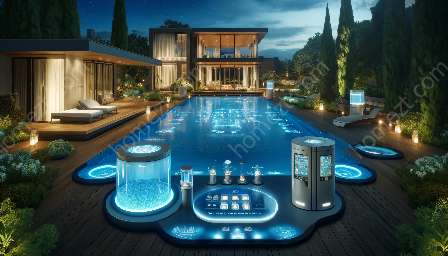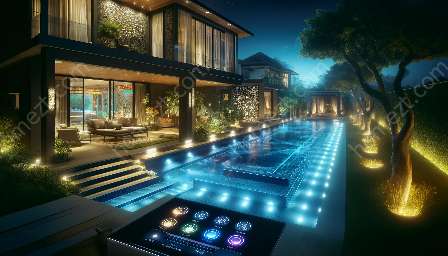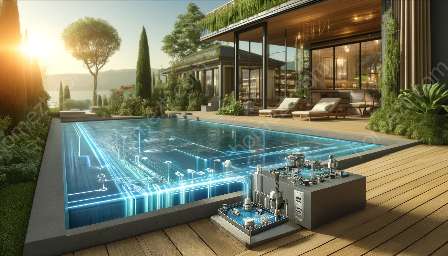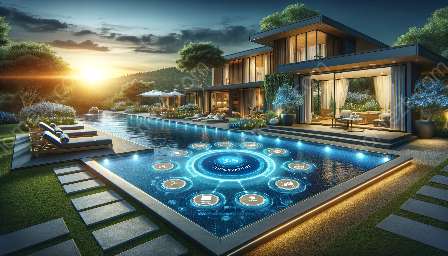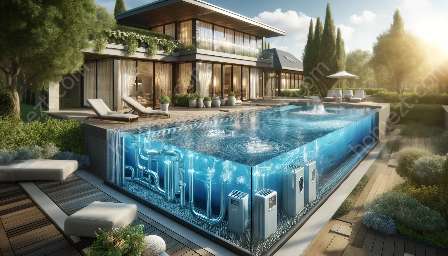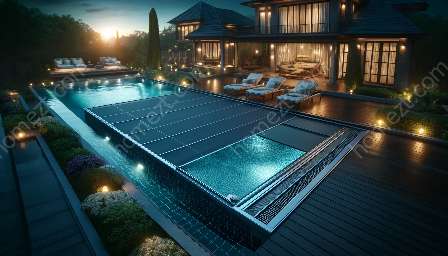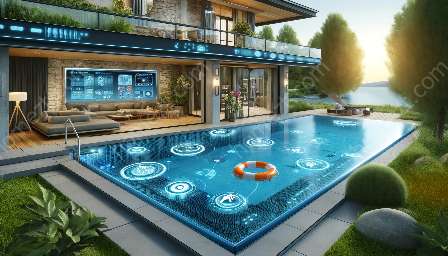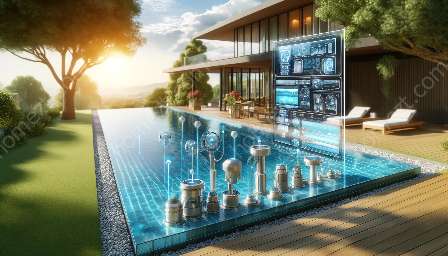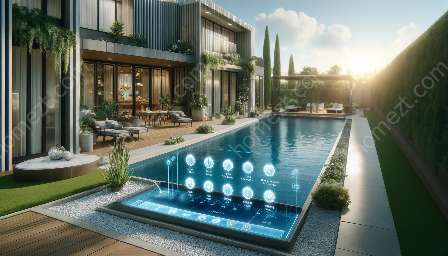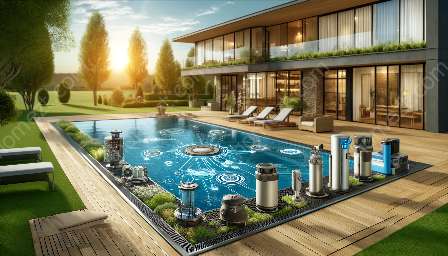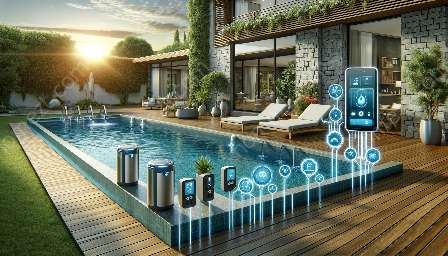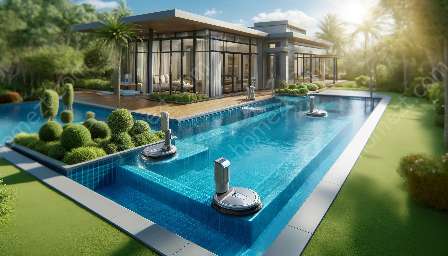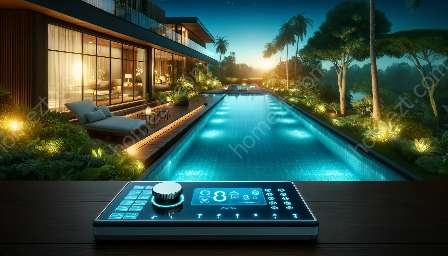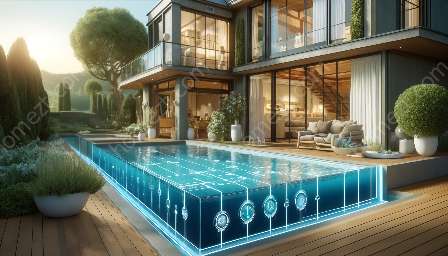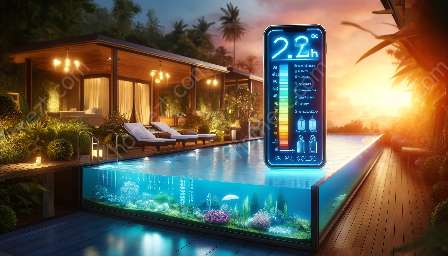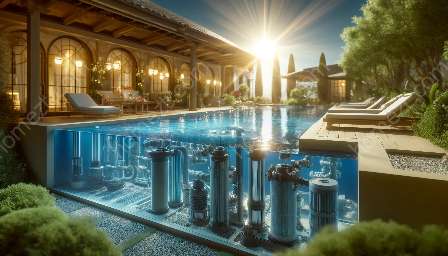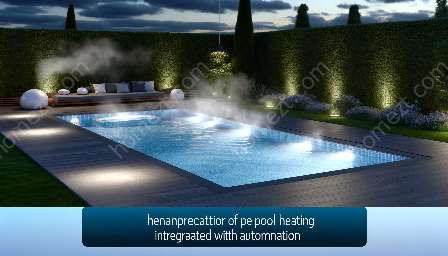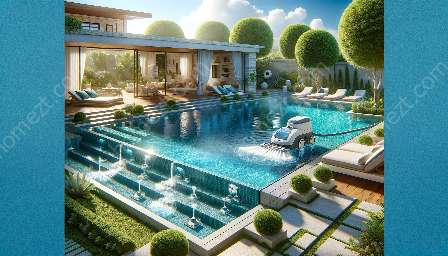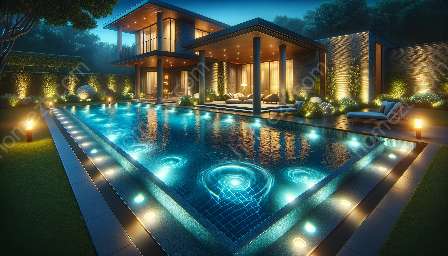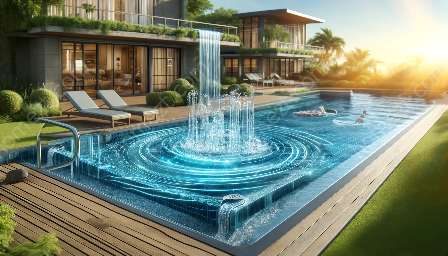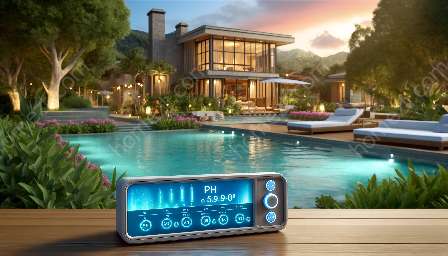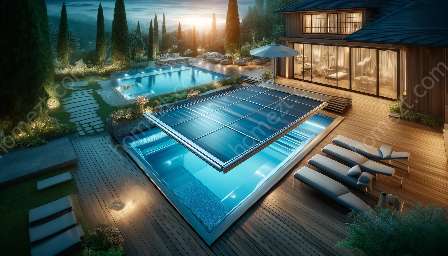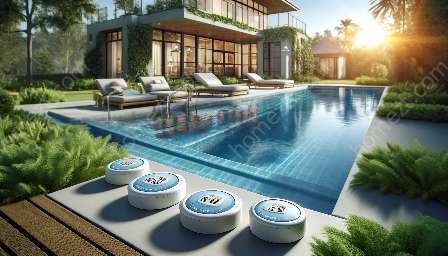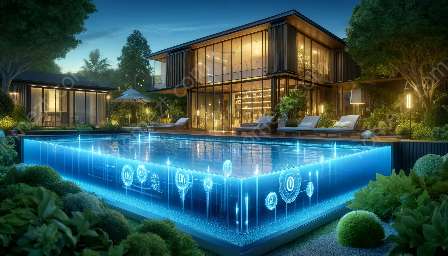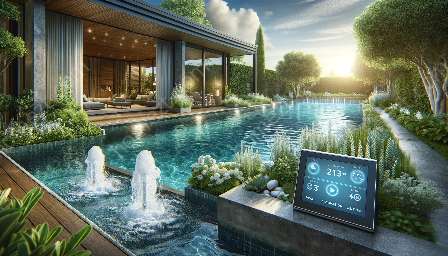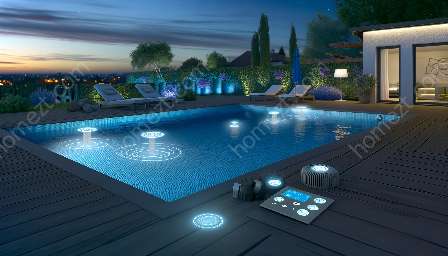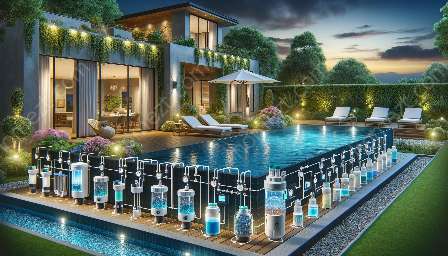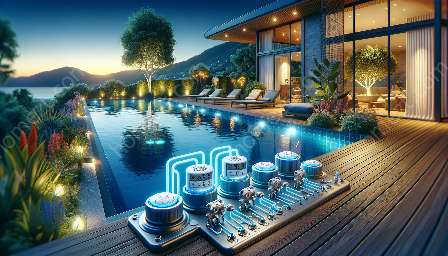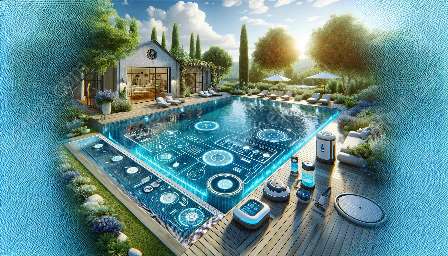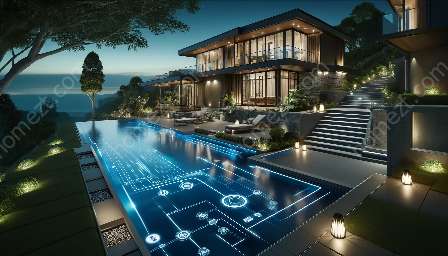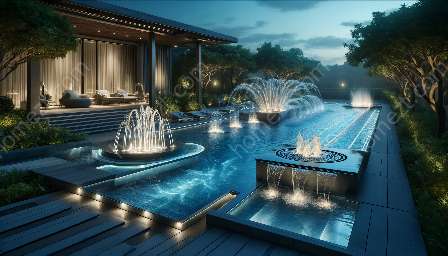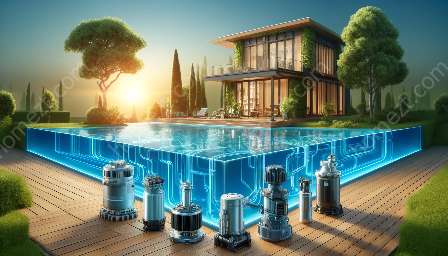Swimming pools and spas require precise chemical balancing to maintain water quality and ensure a safe and enjoyable experience for users. Chemical dosing systems play a crucial role in pool automation, enabling consistent and efficient management of water treatment processes. In this comprehensive guide, we will explore the importance of chemical dosing systems, their compatibility with pool automation, and their impact on swimming pools and spas.
Understanding Chemical Dosing Systems
Chemical dosing systems are designed to automatically introduce and maintain accurate levels of pool chemicals such as chlorine, pH adjusters, and algaecides. These systems utilize advanced technology to measure and control chemical dosages, ensuring that the water is consistently sanitized and properly balanced.
Types of Chemical Dosing Systems
There are several types of chemical dosing systems available, each offering unique features to meet the specific needs of swimming pools and spas. Some common types include:
- Automatic Liquid Dosing Systems: These systems use peristaltic pumps to dispense liquid chemicals in precise amounts, providing efficient and accurate dosing control.
- Chlorine Feeders: Chlorine feeders are used to automatically release chlorine into the water at regular intervals, helping to maintain proper sanitizer levels.
- pH Controllers: pH controllers monitor and adjust the pH levels of the water by dosing acid or alkaline solutions as needed, ensuring optimal water balance.
Benefits of Chemical Dosing Systems
The integration of chemical dosing systems into pool automation offers numerous benefits, including:
- Consistent Water Quality: By automating the dosage of pool chemicals, these systems help maintain consistent water quality, reducing the risk of imbalances and fluctuations.
- Time and Labor Savings: Chemical dosing systems minimize the need for manual monitoring and adjustment of chemical levels, saving time and labor for pool maintenance professionals.
- Enhanced Safety: Automated dosing systems reduce the potential for human error and overexposure to chemicals, promoting a safer environment for pool operators and users.
- Improved Efficiency: With precise control over chemical dosages, these systems optimize the use of pool chemicals, leading to cost savings and resource efficiency.
Pool Automation and Chemical Dosing
Pool automation technology has revolutionized the way swimming pools and spas are managed, offering unparalleled convenience and control. When integrated with chemical dosing systems, pool automation brings a new level of efficiency and reliability to water treatment processes.
Integration and Compatibility
Chemical dosing systems can be seamlessly integrated with pool automation solutions, allowing for centralized management and monitoring of water quality parameters. Through the use of sensors, controllers, and automated valves, pool automation systems can communicate with chemical dosing equipment to maintain precise chemical levels based on real-time data.
Key Features of Integrated Systems
Integrated pool automation and chemical dosing systems offer the following key features:
- Remote Monitoring and Control: Pool operators can remotely monitor and adjust chemical levels through a centralized control interface, facilitating proactive maintenance and troubleshooting.
- Automated Alarms and Notifications: Integrated systems can generate alerts for out-of-range chemical levels, equipment malfunctions, or low chemical supply, enabling prompt action to rectify issues.
- Data Logging and Analysis: Historical data on chemical dosing, water quality, and system performance can be logged and analyzed to identify trends, optimize dosing strategies, and ensure compliance with regulations.
Optimizing Pool Chemistry with Chemical Dosing Systems
Proper pool chemistry is essential for creating a safe and inviting swimming environment. Chemical dosing systems contribute to the optimization of pool chemistry by maintaining accurate levels of sanitizers, pH, and other water parameters. They help prevent common issues such as algae growth, cloudy water, and skin irritation, promoting a positive experience for pool users.
Installation and Maintenance
When implementing chemical dosing systems for swimming pools and spas, proper installation and regular maintenance are critical for long-term performance. Qualified technicians can oversee the installation process, ensuring that the equipment is configured to meet the specific needs of the facility. Routine inspections, calibrations, and equipment checks are essential for keeping chemical dosing systems in optimal working condition.
Considerations for Swimming Pools and Spas
For swimming pool and spa operators, considerations when implementing chemical dosing systems may include:
- Pool Size and Usage: The size of the pool, frequency of use, and bather load can influence the type and capacity of chemical dosing equipment needed.
- Water Quality Goals: Understanding the desired water quality standards and regulatory requirements helps in selecting the appropriate dosing system and chemical products.
- System Scalability: Account for potential future expansions or modifications to the pool facility when designing chemical dosing solutions.
Conclusion
Chemical dosing systems play a vital role in maintaining water quality and ensuring the safety of swimming pools and spas. When integrated with pool automation, these systems offer a comprehensive solution for efficient and precise management of pool chemistry. By leveraging advanced technology and automation, pool operators can optimize water treatment processes, enhance user experience, and streamline maintenance operations for a pristine and inviting aquatic environment.

